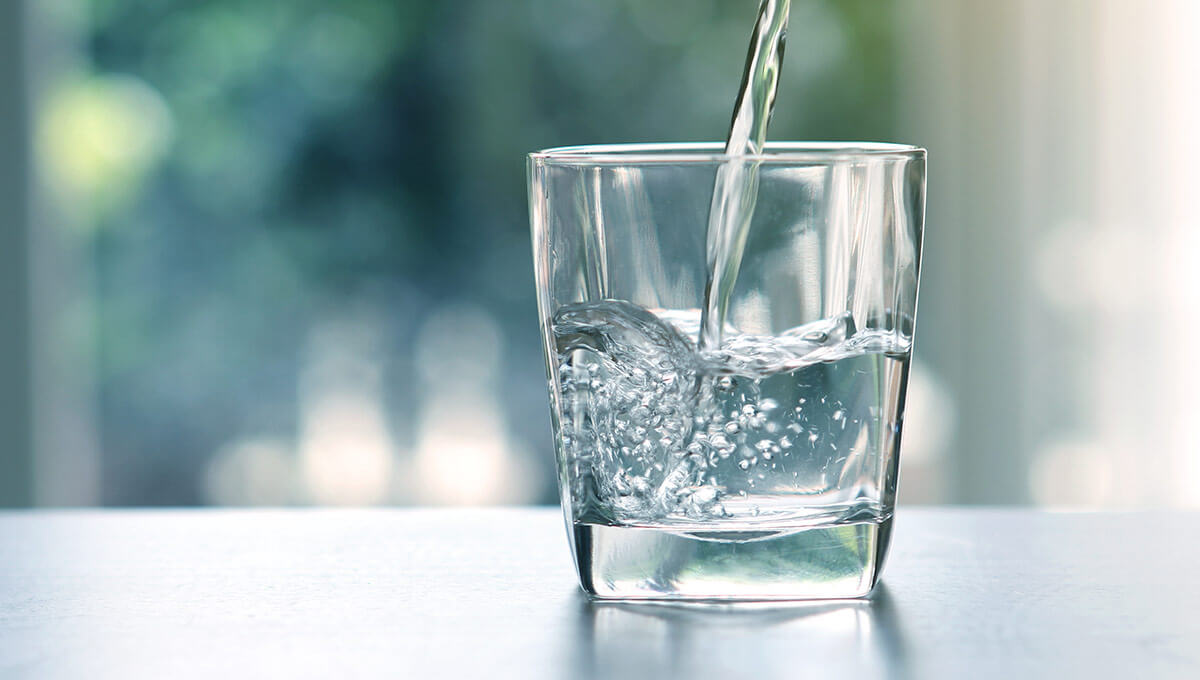
Ways to drink more water

A varied diet is an eating plan that is individually adapted to the needs of a specific person. This type of diet is characterised by a properly structured distribution of macronutrients - so as to cover daily requirements and provide a sufficient source of energy for daily functioning. Can excess protein harm the body? What can too much protein in the diet cause?
This "side effect" is rather a detriment for people who are striving to reduce their current weight. Although muscle mass is the issue here, those working to lose weight should refrain from excess protein and provide enough to cover their daily requirements.
Consumption of a large amount of protein intensifies the process of water loss, which in consequence may cause the risk of dehydration. The reason for this is the excess nitrogen contained in the protein supplied - this is what increases the excretion of water from the body. At this point it is also worth mentioning that dehydration increases the chance of deficiencies of certain elements, e.g. calcium, which is a fundamental component of a diet in order to maintain healthy bones and keep muscles working properly.
Speaking of nitrogen, it should be added that an excess of it causes a more or less troublesome burden on the kidneys. In turn, the previously mentioned excretion of calcium causes the element to be deposited in the walls of the kidneys - the result is a very popular condition called nephrolithiasis. Excessive intake of protein can not only cause pain in the kidneys, but also really damage their proper functioning and lead to impairment of the optimal functioning of the whole organism.
Acidification of the body caused by excess protein is inextricably linked to high saturation of the system with uric acid - this compound causes weakening of the condition and functioning of the kidneys and liver, which are responsible for cleansing mechanisms. A high protein intake may result in a high level of protein metabolites in the blood, and then result in their accumulation in e.g. soft tissues or joints. This increases the risk of developing gout, which is a rheumatic disease with severe pain in the joints.
Ammonia, which is one of the metabolites of protein, has a characteristic and intense smell. The increase of its level caused by the excess of proteins in the diet can lead to the unpleasant smell of sweat and urine, bad breath (so-called halitosis) and intense gas. It is also worth mentioning that excess protein accumulated in the intestine undergoes slow putrefaction processes. This in turn causes the formation of the ammonia mentioned above, which increases the risk of gastrointestinal cancer.
The information below is required for social login
Sign In
Create New Account